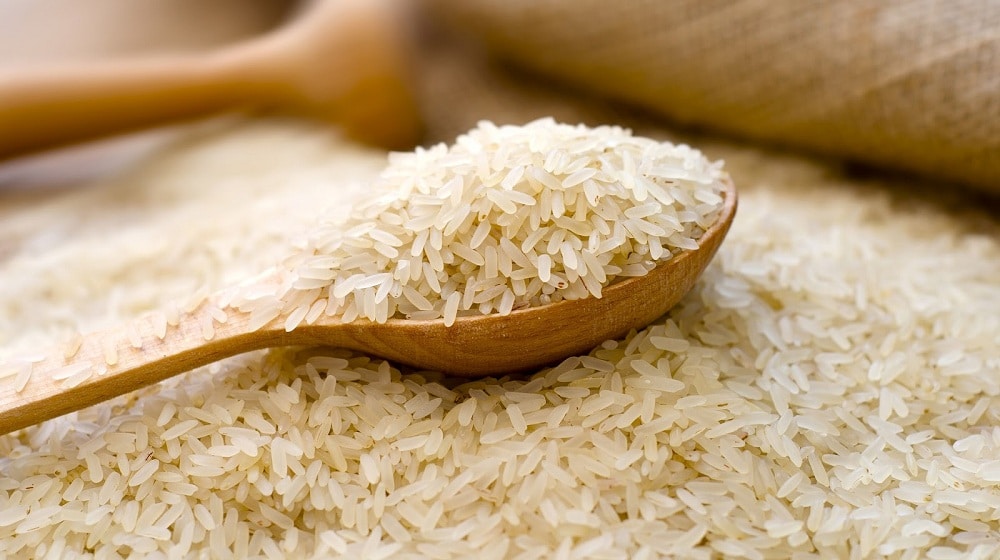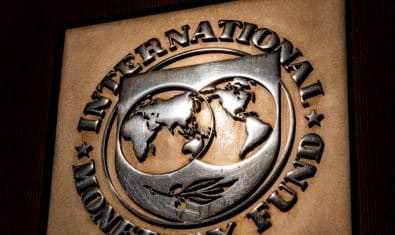Rice is Pakistan’s second staple food and fourth-biggest export after Knitwear, Readymade garments, and Bed wear, but its production declined by 41 percent during 2022-23, coming in at 5.5 million tons according to the data published by the United States Department of Agriculture (USDA).
The primary reason was devastating floods that knocked off 80 percent of expected rice production in Sindh which contributes to nearly a third of national output. Rice is also facing severe challenges from climate, weeds, and pests.
The true potential of any crop’s success is hidden in its seeds and hybrid rice is a potential answer to these barriers.
Hybrids for rice first surfaced during the 1970s when Dr Yuan Longping and his team averted a catastrophic famine in China making it the biggest rice producer in the world. He is still remembered as the second leader of the Green Revolution along with Nobel laureate Norman Borlaug.
Globally, rice has two main subspecies, Japonica and Indica. The Japonica rice comes from temperate & high-altitude environments, is short & stickier when cooked, and is cultivated in China, Japan, Korea, Vietnam, and Taiwan.
Indica rice on the other hand is long, non-sticker (separate after cooking), and is grown in India, Pakistan, the Philippines, Southern China, and Africa. In Pakistan, all cultivated varieties from basmati, extra-long grain, and coarse rice belong to the Indica species.
In traditional varieties, plants have both male and female parts on the same flower and reproduce through self-pollination, but hybrid rice is produced by crossing two different parents. It causes a process called heterosis, producing more spikelets (rice flower unit) per unit area and increased grain weight, yielding 20-30% more in comparison to traditional cultivars.
The hybrid rice program was formally initiated in Pakistan during the 1990s at Rice Research Institute, Kala Shah Kaku (RARI) in a combined effort with International Rice Research Institute (IRRI). In 2021, the government approved Pakistan’s first Basmati Rice Hybrid developed at RARI and directed the auction of the licenses for marketing and distribution.
“Developing Basmati Hybrids is quite challenging because we have to protect its famous length and aroma” stated Dr Shawaiz Iqbal, Senior Scientist at RARI. He explained that the approved variety KSK111H has a yield potential of 115 maunds/acre and holds all the other features of basmati rice.
Although the process of commercializing is stalled after the government shuffle since the process of auction is yet to be outlined.
Lahore-based Guard Agriculture Research & Services is another industry leader in hybrid rice in Pakistan with a 74 percent market share. They have successfully developed and marketed half a dozen hybrid cultivars all having production potential of 120 maunds/acre and resistance against disease, shattering, lodging, and heat.
One of the key aspects of rice hybrids is increased yield from the same unit area of land. Pakistan is the fifth-largest country by population in the world and will soon cross Indonesia for the 4th spot. It is a double-edged sword putting pressure on existing food production while leaving less agricultural land on the other hand.
Our only shot at the food security of future generations is to ensure a vertical increase in production and hybrid cultivars are the key to that challenge. The second major threat to Rice production is looming climate change and resulting water scarcity. Rising temperatures are also a precursor to an increased occurrence of diseases and pests.
Hybrid cultivars provide us with the opportunity to effectively cope with these challenges without putting more pesticides and other agrochemicals in the field and further threatening the biodiversity and sustainability of the ecosystem. Hybrids can break the yield barriers and escape drought as well due to their shorter life span.
For example, all the rice hybrids introduced by Guard Agriculture Research are resistant to Bacterial Leaf Blight (BLB). They can also sustain against salinity and water logging, which is increasingly ravaging our lands due to floods and mismanagement of water resources.
Lastly, hybrid rice will not only ensure domestic food security but will also fuel exports with increasing demand for this important cereal internationally especially the coarse types. Although hybrid rice gets lower prices in the local market in comparison to basmati, companies like Guard Agriculture assist farmers in exporting their produce.
The prime challenge in their widespread use is affordability both to farmers and the country. Being hybrids, farmers will have to buy their fresh seeds every year. If farmers cultivate the same seed from the previous year’s hybrid crop, the crop will produce inconsistent results and surely will not achieve ideal yields.
“The performance of Chinese hybrids is subject to specific climate as they are not all locally adopted, unlike our domestic cultivars”, added Iqbal.
He maintained that these hybrids are also vulnerable to climate change as happened during 2020 heatwaves, especially in September when temperature shifts affect flowering significantly.
He also argued that there is a need to protect the heritage of basmati rice by limiting the cultivation of these hybrids to Lower Punjab and Sindh, out of the Kallar Tract Rice belt (Narowal, Gujranwala, Sialkot, Kasur, Sheikhupura, etc).
Pakistan is the largest importer of hybrid rice in the world and has failed to indigenize its production despite years of collaboration with international actors, especially China. It drains foreign exchange from an agricultural-rich country that is always struggling to keep up with the balance of payments.
Government and private institutions must work on the technology transfer of hybrid rice which will not just ensure the indigenization of hybrids & save foreign reserves, but will also create huge local employment opportunities and will be relatively affordable due to domestic production.



























Stop eating rice. Simple